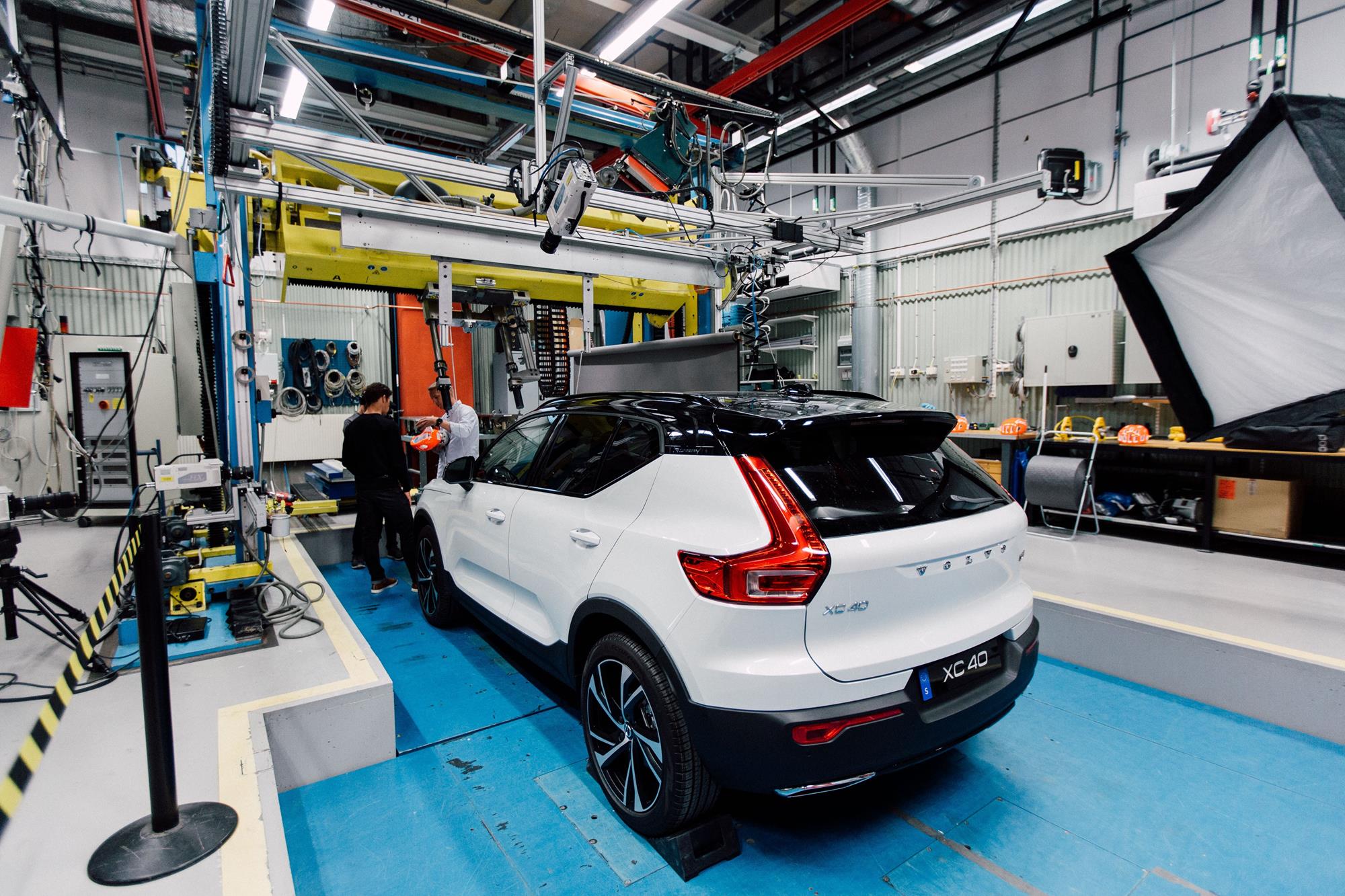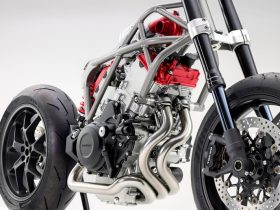Automobiles have changed more in the last ten years than they did for much of the prior century. Despite the many innovations, cars are still a relevant and essential part of our everyday lives. They’re also still a viable career path.
Turning your mechanical interest into a career might seem daunting, but it’s something people do all the time. You might be surprised to learn that finding a position in the automotive industry looks a lot different in 2020 than it did previously. Like the cars themselves, the career path is continuously evolving.
The Age of Modern Mechanics
The days of turning wrenches beneath a hydraulic lift may be coming to an end. However, technician roles are booming. Currently, there’s a shortage of traditional tradesmen, with experts expecting the need for 20,000 to 25,000 more technicians in the near future. By 2026, that number will rise to 46,000 vacancies. If you enjoy working on vintage cars and have the skills to stand out, this might be a viable route.
Visit a modern automaker and you’ll find workers with technological skills that far outpace their knowledge of floor jacks and universal joints. Modern vehicles use complex technology that requires a combination of mechanical and technical knowledge. If you can deliver the right skillset, it could score you a career with some of the world’s top automakers, like General Motors or Ford.
Designing Tomorrow’s Cars
Speaking of advanced new cars on the road, they don’t get that way by accident. It takes intelligent people with the foresight to shape the advancement of the vehicles we park in the driveway. Pen and paper is a small part of the design process today. Instead, technology plays a significant role.
Specializing in automotive design means understanding 3D modeling and computer-aided-design (CAD) software. Crafting instructions for rapid prototyping and leveraging cutting-edge materials to raise the level of performance for the next generation of cars. Some manufacturers, for instance, look for new ways to define luxury and elegance through design.
The Essence of Content
In an online world, content is king. You might not be the best person to write the engine-management software for a forthcoming model. However, if you’ve got the content creation skills to get millions of internet-surfing consumers excited about it, you’re in demand.
Jobs in content will range from internal gigs crafting marketing material for automakers, retailers and service shops to external ones helping drive interest by sharing information. Take a look at YouTube’s comprehensive list of automotive journalism channels. The data reveals that a significant chunk of buyers performs research on their phone or computer, rather than in the pages of a magazine or newspaper.
Cars — and Automotive Careers — Are Here to Stay
Despite the impression you might have about autonomous vehicles eliminating a global industry, cars aren’t going anywhere. Even if they could drive themselves, they most certainly can’t build, fix or sell themselves. Rest easy, gearhead. Your job security is looking fine.










